Who loses in burulungan?
CALABANGA, Camarines Sur—For almost half a century, the Sabang Fish Port in this town wakes up with fish dealers and vendors in a sort of bidding war called “burulungan.”
Burulungan, a local term that means “whispering” or “healing,” is a discrete form of bidding through the ears that is been in practice since the early 1950s, but some like Emilio Malanyaon, the current market guard of the port, believe that it is a Spanish influence.
The practice is replicated in the neighboring ports across Tinambac, Manguiring, Sibobo, and Cabusao, and even in the neighboring province of Camarines Norte. Usually starting its first batch from 4 to 8:30 in the morning to its second batch from 10 a.m. to noon, locals are able to sell out all their bañeras daily.
The first boat to arrive would be greeted by the awaiting locals. As the bidders gather for the first baneras that have arrived, the fishermen, worn out for almost half a day’s work, would go for a cup of coffee as the porters and market guards take over.
Manong Arturo, 36, a religious bidder from the barangay, prefers to bid on the small-scale boats because he believes that their competition is not as tight as the large boats. Manong Arturo sits right across the shed of the port alongside the female vendors, waiting for the small boats to arrive.
Just near him, while Marvin only bids for personal consumption, some female vendors bid for fish to be sold across houses in their respective barangays (villages).
Some would join the cluster of bidders in the first tubs, instantly whispering to the ears of the fisherman who had just gotten off the boat, others would sit by the sea wall to wait for the arrival of small-scale fishermen.
Just across the sea wall, large boats carrying 20 tubs of fish reach the line-up of bidders waiting for competition. On the other side, a group of locals gather for the arrival of small-scale fishermen carrying five tubs.
Burulungan is a competition. But its match does not exclusively lie among the bidders and their stakes. The competition starts even before the bidders reach the port because the true competition lies on the numbers of bañeras from small and large-scale fishermen.
Bidders compete fiercely over the fish, while fishermen worry if their catch will be enough. The stakes are high—and the risk of overfishing looms large.
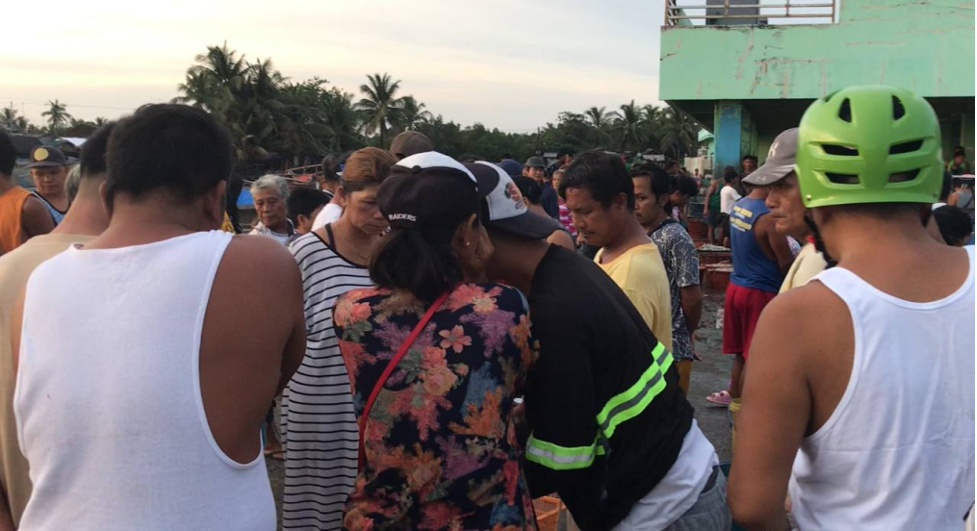
There is a visible partition between the fisherfolk who sail independently to those who work for certain operations. Boats carrying twenty bañeras lay off their catch just by the shore. On the other hand, small-scale fishermen proceed right in front of the port beside the bidders and vendors waiting for the right timing to roam around and take offers.
Trawl fishing operations, whether for food or employment, sustain a large portion of the town’s population. This method involves dragging a trawl net through the water behind one or more trawlers.
These operations are owned by prominent families and are the primary providers of fish in the market. Without trawl fishing, the economy of the fishing industry in Calabanga, which is mainly dependent on San Miguel Bay, will drastically decrease.
Small-scale fishermen, although greater in number, would not suffice to meet the demands of the market, leaving them with the dilemma to work for these companies or settle with their minimal catch. And so the trawls take over.
France Malang, a 20-year-old Fisheries student and a resident of Sabang village, is a son of trawl worker. The younger Malang lamented that just by the equipment of trawl fisheries, small-scale fishermen instantly lose the competition.
“They use active gear. They also go beyond commercial fishing waters. Those trawls are also the reason why the water turns murky because their gears dig through the depths of the ocean, so the sediments and nutrients are rising. Their equipment are non-discriminate so even the rays, the turtles and the sharks are caught,” he said.
“Although the measure is destructive, small boats won’t suffice if you are going to fish,” Malang added.
Even when local ordinances against overfishing exist, there is still no definite and systematic approach to alleviate the problem.
Marvic De Leon, a porter of the port for almost a decade, has seen how overfishing continues to be a problem in the village.
Aside from the regulations on the sizes of nets to be used, a single boat and fisherman can only catch an estimated number of 30 bañeras. But with the overlong conflict of illegal paraphernalia in fishing, it exceeds up to 60.
Paul Christian Santos, the current barangay captain, also stresses the use of galadgad, a paraphernalia used to cave out the sediments underwater that is destructive for the ocean. He also lamented the system of surveillance of the Bureau of Fisheries and Aquatic Resources (BFAR), which, according to him, would have been the only way to alleviate the problem.
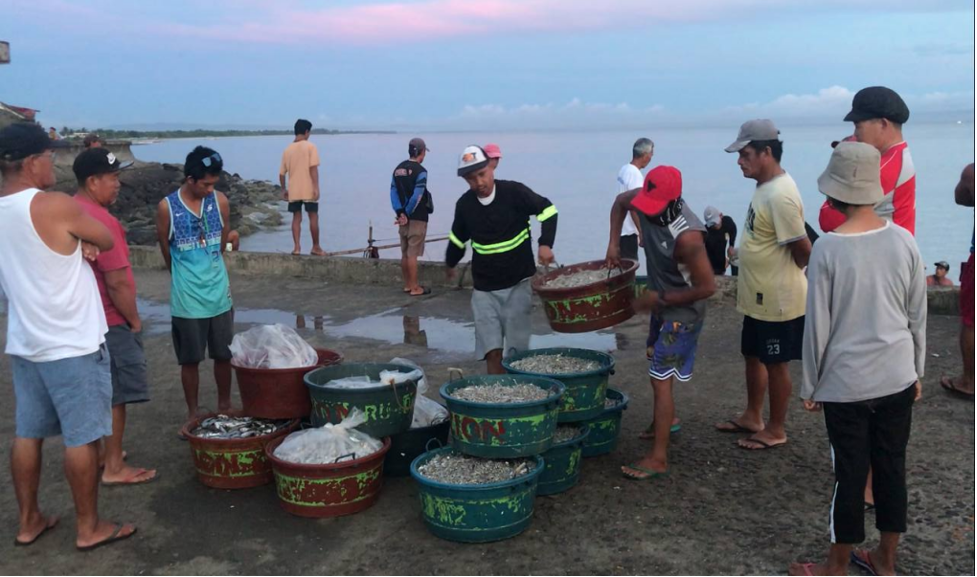
Trawl operations push small-scale fishermen to the brink, especially in practices like burulungan. Even when the terms of burulungan are kept discreet from consumers, bidders know that small-scale fisherfolk will accept whatever they can get. Fish dealers understand that the competition is less intense for these small-scale fishermen because they have never truly experienced the benefits of being highly sought after.
“Daog nanaman (Lost again),” one said at 7 a.m. at the fish port in Sabang.
While the bañeras do sell out, it does not guarantee a win in a local fisherman’s perspective.
Small-scale fishermen who do not own a place in the market lose in burulungan each time a large and illegal operation raises the stake in overfishing.
Small-scale fishermen may go home with empty bañeras but they face another day of sailing wondering if their hard work is pays off.
Small-scale fishermen may be fortunate enough to participate in biddings but it is surely a competition that they cannot win.
Please follow Visit Bicol on Facebook.
Share this story:
Want us to know about an upcoming event in your area? You can contact us here.
What to get updated about events and news like this? Sign up for an email blast here.

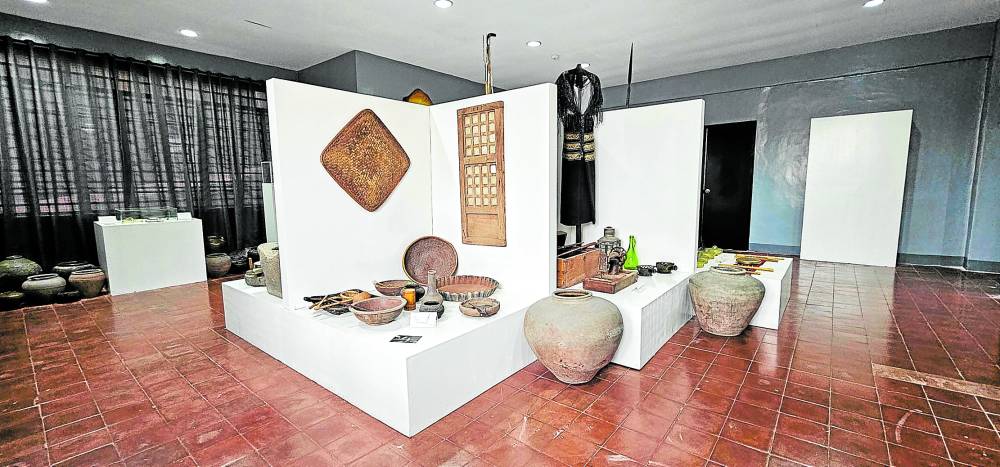

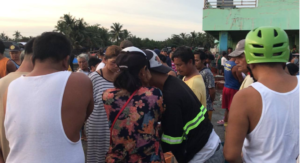
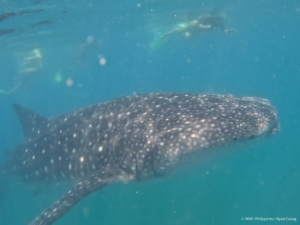
Post Comment